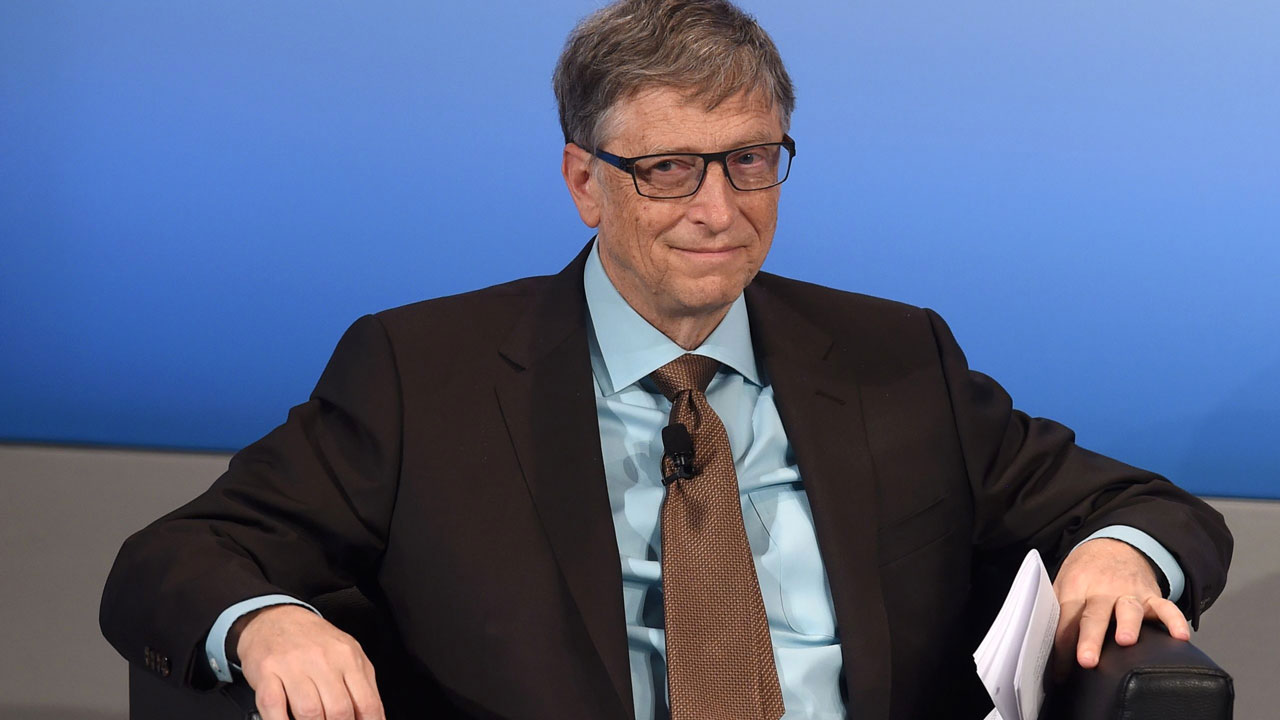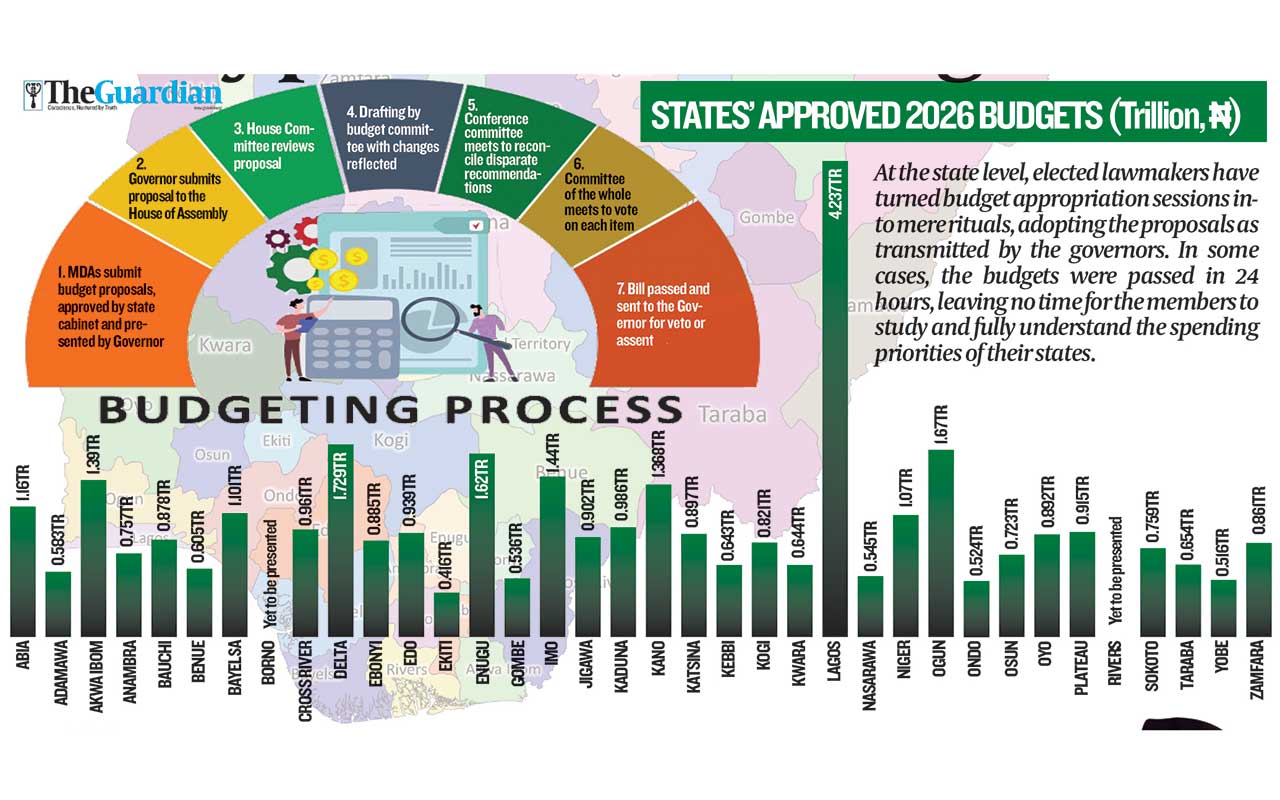
• Says clinical trial for 70% efficacy vaccine to take four years
• Why vaccine-preventable diseases kill more Africans, by expert
Co-chair of the Bill and Belinda Gates Foundation, Bill Gates, says tuberculosis (TB) has once again become the biggest infectious disease and killer of about 1.6 million persons yearly.
He observed TB as an underfunded disease, pointing out the progress made on the drugs while also working on a vaccine.
Meanwhile, Emeritus Professor of Internal Medicine, Infectious Diseases and Immunology, Idris Mohammed, lamented that despite the availability of vaccines, preventable diseases remain a major cause of mortality and morbidity in Africa.
Speaking with journalists in Abuja, yesterday, Gates revealed that clinical trial for the M72 TB vaccine “is ongoing”, but would take about four years, adding that the vaccine might offer 70 per cent efficacy.
The Microsoft co-founder explained that the vaccine trial, gulping about $500 million, which some of the science came from GSK, is being funded by Wellcome Trust and the Gates and Melinda Foundation.
Gates said the foundation was working on getting cheaper TB diagnostics to make the testing more affordable and accessible.
He said, “The foundation works on TB diagnostics because it is still too expensive to diagnose, and we want to get a $2 test. We don’t have that yet, but we are pretty optimistic we will get it. We have a lot of new drugs. The present drugs, sadly, have to be taken for nine months, and there are some drug-resistant TBs out there, either single-drug-resistant or multi-drug-resistant.
“We hope the vaccine will show like a 70 per cent reduction. We don’t think it will likely show 90 per cent reduction.”
It is possible it won’t work.
It is a very expensive trial, about $500 million.”
MOHAMMED commented yesterday while delivering a keynote address during the 2024 Lecture and Induction of the Nigerian Academy of Medicine (NAMed), with support from the Development Research and Projects Centre (dRPC), in Abuja.
According to him, there are 26 vaccine-preventable diseases, but only the most advanced, rich countries can procure and administer the vaccines to their citizens.
He said: “Disease prevention and control have played a very important role in promoting health and preventing mortality. Of the variety of means by which infection can be prevented or its effects curtailed, vaccination is probably the most important.
“This is particularly so for the resource-poor developing countries of Sub-Sahara Africa (SSA) where infection remains the major cause of mortality and morbidity.”
While lamenting the unavailability of vaccines in Nigeria, Mohammed urged the Federal Government to stop relying heavily on donor agencies for vaccine production and supply.






